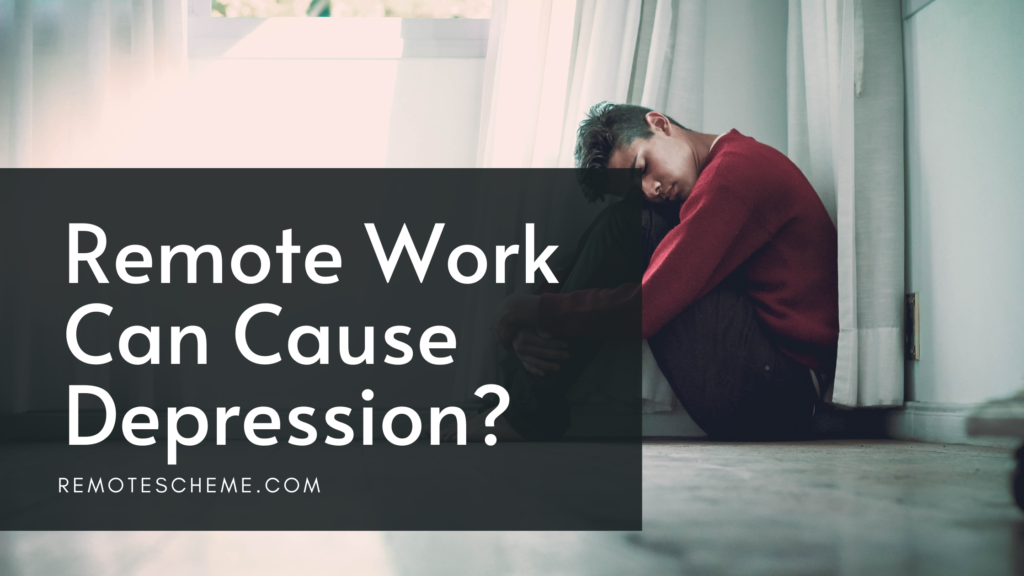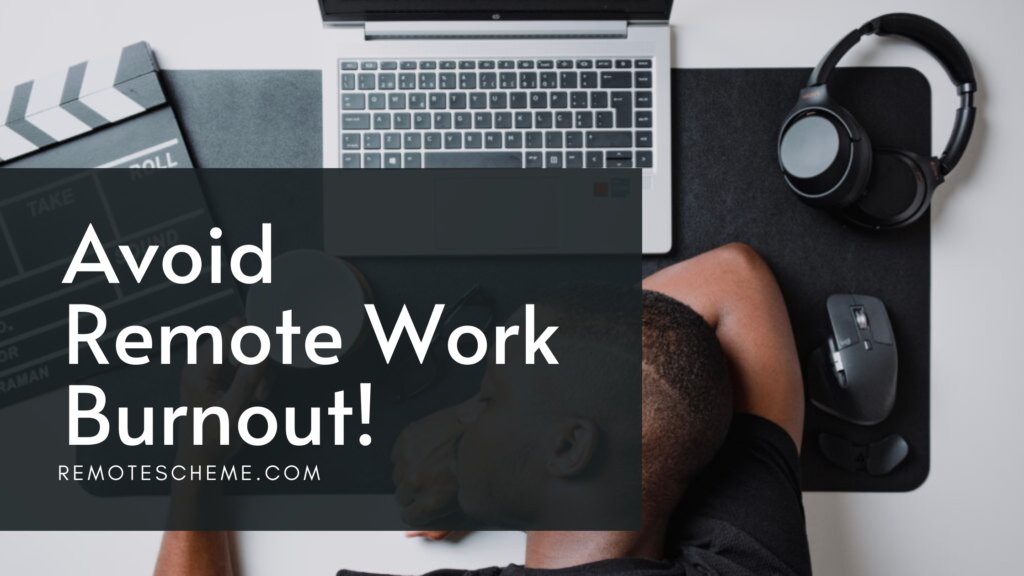Remote work has skyrocketed in popularity among workers and employers alike in recent years.
Initially fueled by the need to keep employees from making each other sick, remote work has stuck around as a valuable way to improve work conditions, increase employee morale, and boost productivity.
Unfortunately, while that’s the case for many individuals, remote work is also the cause of depression in some workers who aren’t necessarily equipped for remote work.
This is caused by several factors, and we’d like to go over those to help you determine if remote work is a good option for you, or if you should take advantage of more traditional office opportunities.
The Lack Of Socialization
Humans are naturally social creatures. We crave having company that makes us feel comfortable. For most of us, that companionship is found at work.
This is largely because the average adult spends most of their time awake at their place of work and surrounded by their coworkers.
When that place of work is shifted to an at-home experience, a lot of benefits are gained, but the social nature of the workplace is sacrificed.
Sure, there are Zoom calls, emails, and other ways to collaborate and socialize, but they aren’t the same as in-person communication.
This can be particularly difficult for those who don’t have families at home to provide socialization, and even if they do, the lack of non-familial socialization can be depressing.
In fact, the European Foundation for the Improvement of Living and Working Conditions found a 41% increase in depression rates among remote workers due to a lack of socialization and loneliness.
The Lack Of Routine
Just like humans require socialization to remain mentally healthy, they need structure and a routine, as well. We’re used to doing things at a certain time, a certain way, and in a certain place.
When that routine is thrown off, we tend to stop being productive, feel a bit overwhelmed, and become anxious or depressed.
Working remotely puts the burden of developing and maintaining a routine on the workers; many of which have grown used to company policy and enforcement on behalf of managers guiding their routines.
That’s not something that everyone excels at, and the resulting lack of a predictable routine can lead to an overwhelming sense of struggle and eventually depression.
Lowered Focus And Productivity
In an office, it’s easy to stay on track. Managerial staff is always encouraging productivity, the routine is set, and distractions are minimal.
In a remote setting, distractions are constant, family members might not understand that you’re still working and need to focus, and it’s generally not an atmosphere conducive to productivity unless you’re able to mitigate distractions and stay focused on your own.
Any time an employee feels overwhelmed or that they’re not doing as well as they can, that can lead to depression; especially if it’s an everyday occurrence.
What Are Companies Doing To Help Depressed Remote Workers?
This is obviously a major problem for companies and employees alike. Depressed employees are less productive, and on the employee’s side of things, depression simply isn’t something anyone wants to deal with; especially when it can be resolved.
To help, many companies are embracing remote mental health services, employee retreats, and distraction mitigation tools that minimize these problems and help employees overcome depression-causing problems with remote work.




